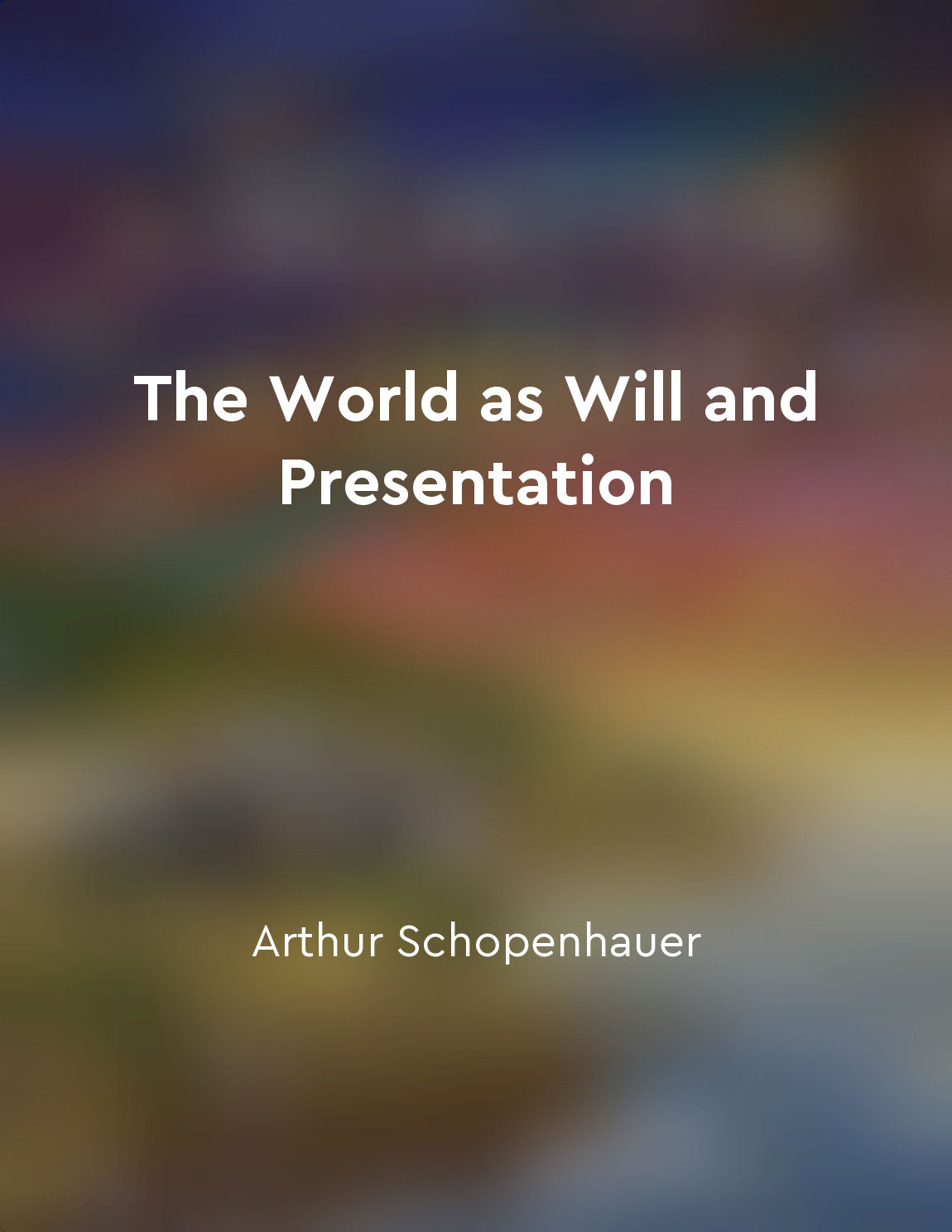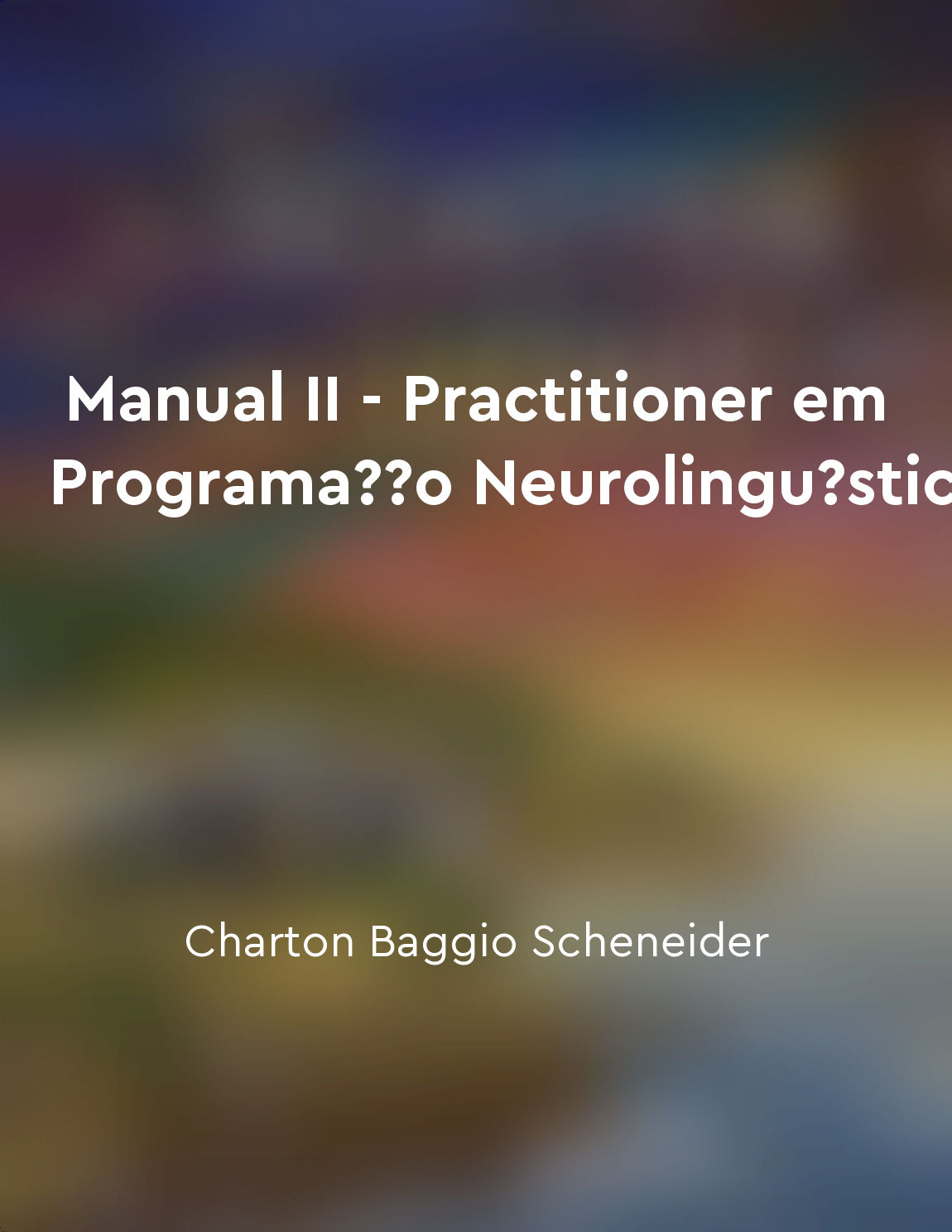Discussion on Perception from "summary" of The Problems of Philosophy by Bertrand Russell
Perception is the process by which we become aware of the external world. It involves our senses, such as sight and touch, which allow us to experience the physical world around us. However, perception is not a straightforward process. It is influenced by various factors that can distort or manipulate the information we receive from our senses. One such factor is the role of our mind in interpreting sensory information. Our mind processes the raw data received from our senses and organizes it into a coherent picture of the world. This process can lead to subjective interpretations of reality, as our mind filters and selects information based on our past experiences, beliefs, and expectations. Another factor that affects perception is the role of language in shaping our understanding of the world. Language provides us with a framework for categorizing and labeling our sensory experiences, which can influence how we perceive and interpret the world around us. For example, the way we describe colors or shapes can vary across different cultures, leading to different perceptions of the same objects. Furthermore, perception is also influenced by our emotions and biases. Our emotional state can color our perceptions of the world, leading us to see things in a certain way based on how we feel at a given moment. Similarly, our biases and preconceptions can shape our perceptions, as we tend to notice and remember information that confirms our existing beliefs while ignoring or dismissing information that contradicts them.- Perception is a complex and multifaceted process that is influenced by various factors, including the role of the mind, language, emotions, and biases. By understanding these factors and their impact on our perceptions, we can gain insight into how we experience and interpret the world around us.
Similar Posts
Meditation can enhance selfawareness
Meditation, particularly mindfulness meditation, can lead to a heightened sense of self-awareness. Through the practice of obse...
Nietzsche challenged traditional values and morals
Nietzsche was a philosopher who sought to question and deconstruct the established values and morals of his time. He believed t...
Pay attention to sentence structure
The way a sentence is structured can greatly impact how it is understood by the reader. A poorly constructed sentence can confu...
Psychological triggers: tap into cognitive processes
Psychological triggers are powerful tools that marketers can use to influence consumer behavior. By tapping into cognitive proc...
Influence of literature on society
The power of literature to shape society is undeniable. From ancient times to the present day, literature has played a crucial ...
Emotional flexibility allows for adaptive responses to life's challenges
Emotional flexibility is a crucial aspect of our emotional lives, enabling us to respond adaptively to the challenges that life...
Touch plays a crucial role for those with vision loss
Touch, in all its forms, becomes heightened and intensified for those who have lost their vision. The sense of touch not only c...

The relationship between the individual and the collective
The individual is an entity that exists in the world as a separate and distinct being, endowed with its own will and desires. T...

Techniques for influencing and persuading others with NLP
The techniques for influencing and persuading others with NLP involve a set of powerful tools that can be used to communicate m...
Social cognition is the process by which people understand and make sense of their social world
Social cognition refers to the mental processes that people engage in to understand and interpret the social world around them....

